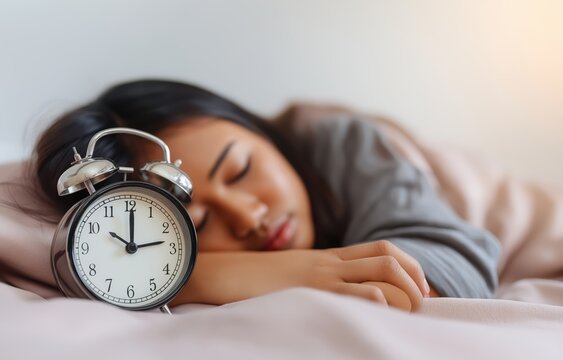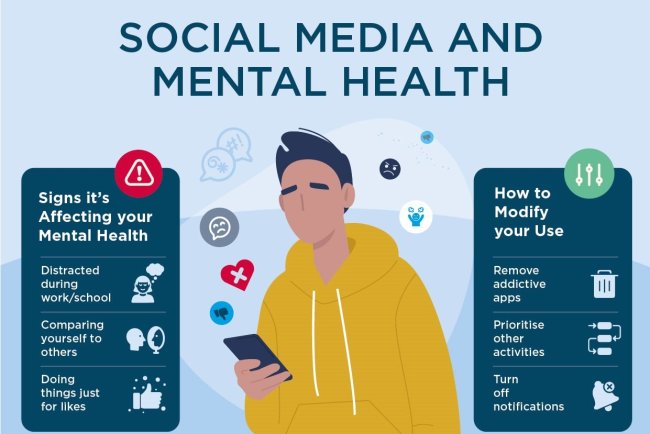How Your Sleep-Wake Cycle Shapes Your Mood (and Why Your Body’s Clock Might Be Sabotaging You)
Ever notice how some mornings you wake up ready to take on the world… and others you feel like you’re wading through molasses? That sluggish, foggy, or inexplicably moody feeling might have less to do with “just a bad day” and more to do with the quiet little clock ticking away inside you your circadian rhythm.

This internal clock is more than a sleep timer. It’s the conductor of your body’s orchestra keeping time for your hormones, metabolism, memory, and even how you respond to stress. When it’s in sync, you move through your day with energy and focus. When it’s off, everything from your patience to your mental health can start to wobble.
The Secret Life of Your Body Clock
Your circadian rhythm is an ancient piece of programming hardwired into your DNA. It runs on a set of genes that tell your body when to wake up, when to eat, when to heal, and even when to store away the day’s memories.
At night, it signals the release of growth hormones for repair. During sleep, it helps file away new information so you can actually remember it later. And in the morning, it gently nudges your body toward alertness assuming you haven’t buried yourself in your phone at midnight.
Some of us are “morning larks” up early, bright-eyed, and ready to tick off the to-do list before lunch. Others are “night owls” who find their best ideas arrive long after everyone else has gone to bed. Neither is wrong. But your natural sleep style can influence how you handle stress and whether you’re more or less prone to mood struggles.
When Your Rhythm Goes Rogue

When your internal clock is out of step with your daily life, the fallout can show up in surprising ways:
Depression: Night-shift workers whose jobs pull them completely out of sync are about 40% more likely to develop depression. Even without shift work, many people with depression experience disrupted circadian rhythms, which can mess with hormone cycles, body temperature, and sleep quality.
Anxiety: Jet lag, all-night Netflix binges, or bouncing between late nights and early mornings can scramble your internal timing, making you restless and on edge.
Seasonal Affective Disorder (SAD): Short winter days can rob you of early-morning light exposure, which your body uses to anchor its clock leading to low mood, fatigue, and that “why do I want to hibernate?” feeling.
Fun fact (or maybe not so fun): Some people with depression notice their symptoms are actually worse in the morning and ease up as the day goes on, another sign of the body clock’s influence.
Can You Change Your Natural Sleep Type?
Mostly… no. Your “lark” or “owl” tendencies are largely baked into your DNA. That said, your rhythm does shift over time; teens tend to skew later, while older adults often become earlier risers.
Gently adjust your rhythm: To better suit your needs, a sleep specialist can help you gradually modify your nighttime routine, morning light exposure, and bedtime.
How to Keep Your Clock and Mood in Sync
.jpg)
A few small daily tweaks can make a big difference:
Get outside within an hour of waking to give your brain the “daylight” cue.
Dim lights after sunset and cut back on screens at least two hours before bed.
Stick to a consistent sleep schedule, yes, even on weekends (sorry).
The Bottom Line
Your circadian rhythm is a master control system for your emotions, concentration, and general resilience. It is not only about when you sleep. Maintaining consistency can make the difference between feeling invigorated and balanced and continuously struggling against yourself.
So next time your mood dips for “no reason,” check the clock. The fix might not be in your head — it might be in your timing.
What's Your Reaction?




















